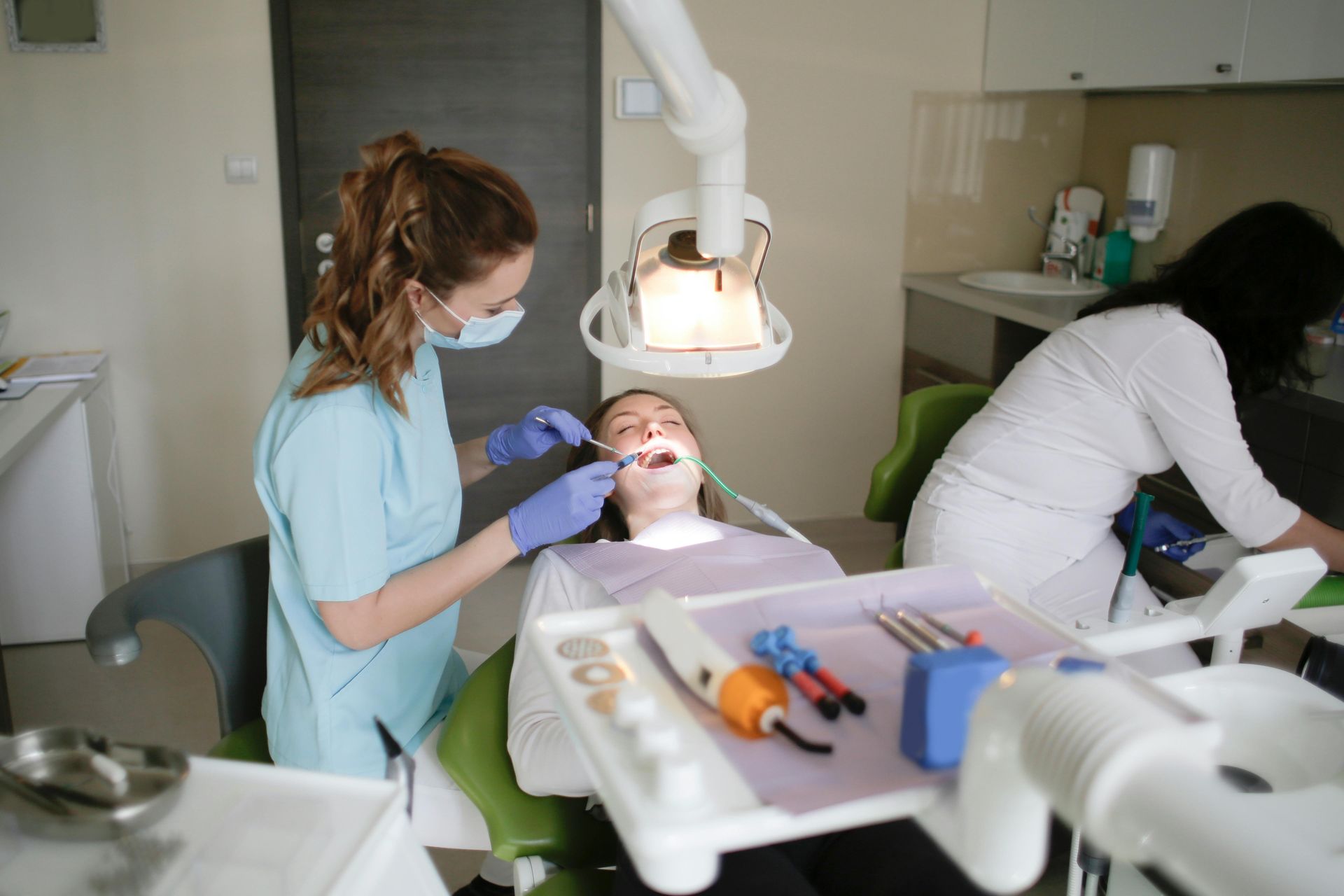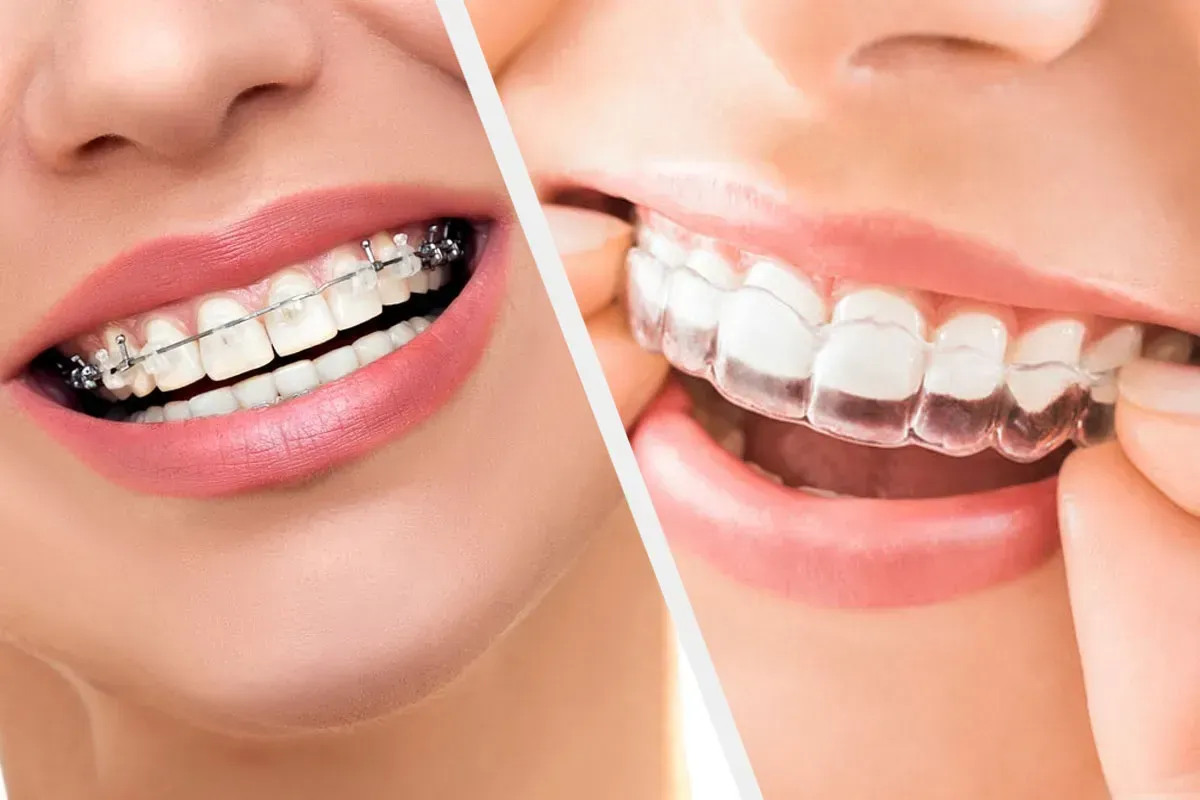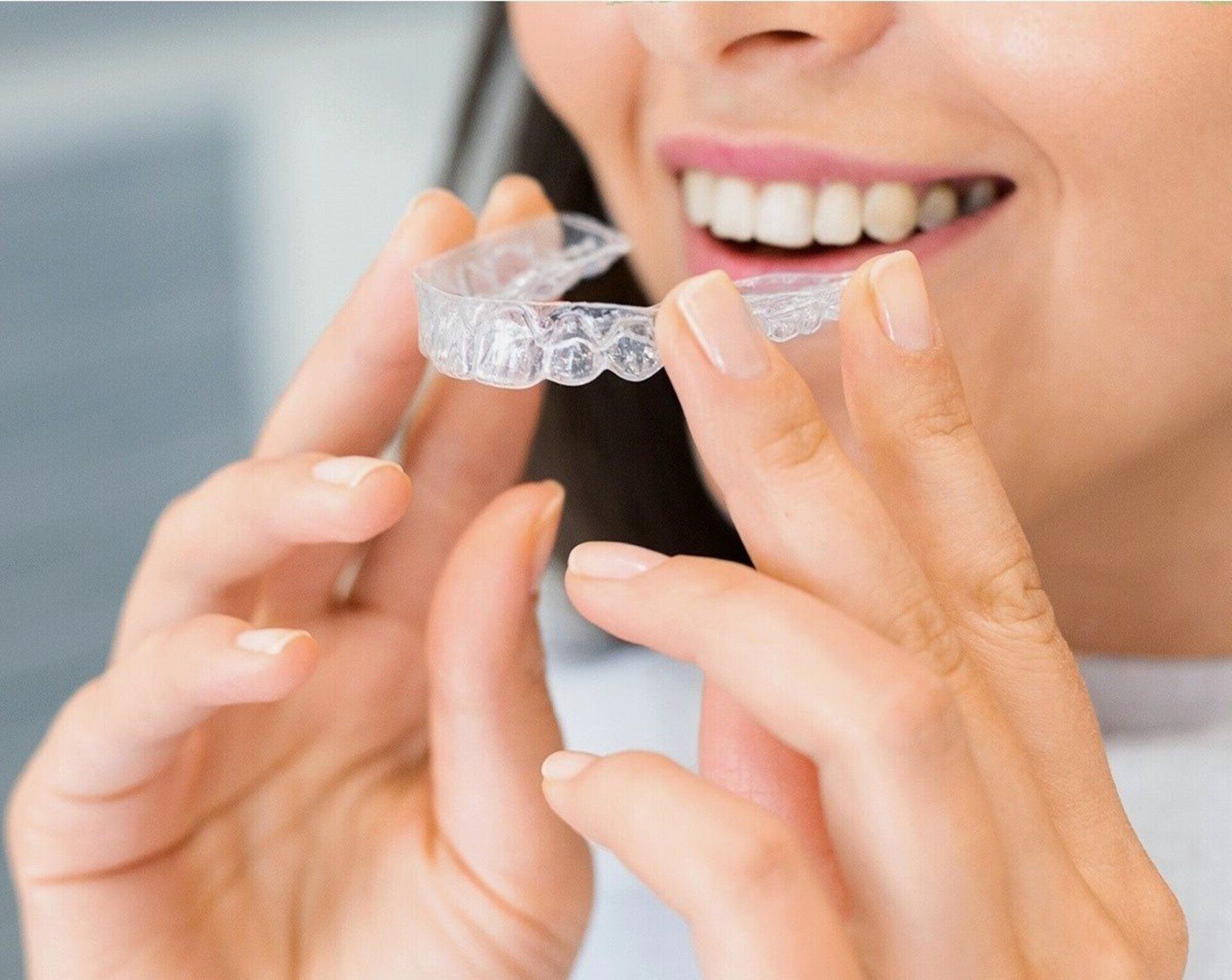The Surprising Connection Between Stress and Your Smile
The Impact of Stress on Oral Health
Stress is an inevitable part of life, but its impact on oral health can be profound. Chronic stress elevates stress levels, triggering physiological responses that can harm your dental health.
Dry Mouth: Stress can reduce saliva production, leading to dry mouth and increasing the risk of tooth decay and gum diseases.
Gum Diseases: Heightened stress levels can weaken your immune system, making it easier for periodontal disease and gum infection to take hold.
Cold Sores and Oral Infections: Stress can cause flare-ups of oral infections, like cold sores, due to an impaired immune response.
Jaw Pain and Tooth Loss: Stress is linked to teeth grinding and clenching, which can lead to jaw pain and even tooth loss.
Oral Hygiene Habits: Stress may lead to neglect of oral hygiene routines, allowing food particles to promote bad breath and other oral health issues.
To manage stress-related oral health issues, maintain a balanced diet, avoiding sugary and comfort foods. Regular dental visits and establishing consistent oral hygiene routines can help combat the effects of stress on oral health. Prioritizing both physical and mental health supports healthier teeth and gums.
Types of Stress Affecting Oral Health
Stress is not monolithic; it comes in various forms, each impacting our oral health differently. Understanding these types can help us better manage their effects on our dental health.
Acute Stress
Acute stress is the immediate reaction to a new and challenging situation. It's short-term but intense, often resulting from everyday pressures like an upcoming deadline, an argument, or a sudden health scare. While acute stress can sometimes enhance performance by keeping you alert, it may also cause temporary issues such as teeth grinding or jaw clenching. Moments of acute stress can lead to mouth dryness, which reduces the natural cleansing effect of saliva, potentially increasing the risk of dental issues like tooth decay and gum diseases.
Chronic Stress
Chronic stress persists over a prolonged period and is often linked to ongoing issues such as relationships or financial problems. This type of stress can significantly impact oral health, as it consistently heightens stress levels, potentially leading to a weakened immune system and an increased vulnerability to periodontal disease and gum infection. Moreover, chronic stress may promote unhealthy habits like neglecting oral hygiene routines, consuming sugary foods, or smoking, all of which contribute to oral health problems, including bad breath and tooth loss.
Episodic Stress
Episodic stress occurs when someone frequently experiences acute stress episodes. This pattern of stress is often seen in individuals with hectic lifestyles or those who tend to worry excessively about small things. Episodic stress can lead to physical health problems, such as fluctuating heart rate and jaw pain, due to repeated clenching and grinding of teeth. Additionally, the lack of consistent oral hygiene practices under constant stress can exacerbate oral health issues, increasing the likelihood of tooth decay and oral infections.
Direct Effects of Stress on Dental Well-Being
Stress is an inescapable part of life that can have profound impacts on our overall health, including our oral health. While it is common knowledge that stress can affect our mental and physical health, its impact on dental well-being is often overlooked. This can manifest in several ways, such as increased susceptibility to oral infections, tooth decay, and even tooth loss. Chronic stress alters your body's ability to fight infections, escalating the risk of various oral health issues. As we explore how stress affects your dental well-being, it is essential to understand the direct impacts it has on different aspects of oral health.
Increased Risk of Gum Disease
Stress has been linked to an increased risk of gum diseases, such as periodontal disease, due to its effect on the immune system. When you are stressed, your immune response weakens, making it more challenging to fend off bacteria responsible for gum infections. This can lead to inflammation and the breakdown of gum tissues, potentially resulting in gum recession and tooth loss. Furthermore, stress-related unhealthy habits, such as poor oral hygiene routines, can contribute to the development of gum disease. Maintaining regular dental health checks and proper oral hygiene habits can help counteract these risks.
Teeth Grinding (Bruxism)
Many people experiencing stress exhibit teeth grinding or clenching, known as bruxism. This condition generally occurs unconsciously, either during the day or while sleeping. Over time, bruxism can lead to jaw pain, wear down tooth enamel, create cracks or chips in the teeth, and even lead to tooth decay. Individuals with bruxism should consider using a mouthguard to protect their teeth and seek ways to manage their stress levels to mitigate this stress-related oral health issue.
Development of Canker Sores
Although canker sores are not directly caused by stress, it has been observed that stress can trigger the appearance of these painful mouth ulcers or exacerbate existing ones. These small, shallow sores inside the mouth may present discomfort and difficulty eating or speaking. Reducing stress through healthy lifestyle choices and stress management techniques can reduce the frequency and severity of canker sores, promoting improved oral and mental health.
Dry Mouth and Its Consequences
Stress can be a contributing factor to dry mouth, a condition where there is not enough saliva to keep the mouth moist. Saliva is crucial for neutralizing acids produced by bacteria and washing away food particles, thereby protecting against tooth decay and oral infections. Chronic dry mouth can lead to difficulties in tasting, chewing, swallowing, and speaking, alongside a heightened risk of cavities and bad breath. Managing stress levels through relaxation techniques and staying adequately hydrated can alleviate dry mouth and its adverse effects on oral health.
Stress impacts more than just your mood; it plays a significant role in the health of your mouth. By understanding these direct effects, individuals can take the necessary steps to mitigate stress and improve both their oral and overall health.
Indirect Effects of Stress on Oral Health
The connection between stress and oral health is often understated, yet it plays a significant role in determining your dental health. While stress is a part of life, chronic stress can have detrimental effects on both physical and mental health, affecting your mouth in numerous ways. High stress levels can precipitate a range of oral health issues, indirectly impacting habits, dietary choices, and lifestyle decisions.
Poor Dietary Choices
During stressful periods, many individuals gravitate towards comfort foods that are typically high in sugar and carbohydrates. These sugary foods can contribute to tooth decay and periodontal disease by promoting the growth of harmful bacteria, which feed on leftover food particles. Additionally, a poor diet lacking essential nutrients can weaken the immune system, making it harder for the body to fight off oral infections and gum diseases.
Stress might also lead to irregular eating habits, such as skipping meals or excessive snacking, which can further harm your dental health. The shift towards a nutritionally imbalanced diet can disrupt oral hygiene routines, increase heart rate, and exacerbate stress-related oral health issues like bad breath and dry mouth.
Harmful Habits: Smoking and Alcohol Consumption
Stress can drive individuals towards unhealthy habits like smoking and excessive alcohol consumption, both of which are detrimental to oral health. Smoking can lead to gum infection, contribute to periodontal disease, and increase the risk of oral cancers. It also reduces blood flow to the gums, impairing their ability to heal and making them prone to infection.
Alcohol, particularly when consumed in large quantities, can cause dry mouth—a condition where the salivary glands do not produce enough saliva. Saliva is essential for neutralizing acids produced by bacteria in the mouth, washing away food particles, and reducing the risk of tooth decay and oral infections. Moreover, alcohol can erode dental enamel and exacerbate conditions like bad breath and gum diseases.
In summary, the effects of stress extend beyond just the immediate discomfort, posing significant risks to oral health. Acknowledging these indirect effects is crucial for maintaining good dental health and effective oral hygiene habits, even during challenging times.
Stress Management Techniques for Better Oral Health
Managing stress effectively is crucial for maintaining not only your mental and physical health but also your oral health. The connection between stress and oral health is significant, as heightened stress levels can lead to various oral health issues such as dry mouth, tooth decay, gum diseases, and even tooth loss. Chronic stress increases the risk of poor oral hygiene habits and unhealthy dietary choices, including the consumption of sugary foods, which further exacerbate oral health conditions. Understanding and implementing stress management techniques can help maintain optimal oral health, reduce the likelihood of oral infections, and prevent periodontal disease. Here are some effective stress management techniques to consider:
Mindfulness and Meditation
Mindfulness and meditation are powerful tools for reducing stress levels and promoting relaxation. Practicing mindfulness involves staying present and fully engaging with the current moment, which can significantly reduce anxiety and stress. This technique helps in lowering heart rate, improving mental clarity, and enhancing physical health, including oral health. Regular meditation promotes a sense of calm and balance, which can alleviate stress-related symptoms such as jaw pain and bad breath. Incorporating short meditation sessions into your daily routine can lead to improved oral hygiene habits, as a calmer mind allows for focus and dedication to your oral hygiene routines.
Exercise and Physical Activity
Engaging in regular exercise boosts endorphin levels, which are natural mood lifters that help reduce stress and improve overall well-being. Physical activity can alleviate stress-related symptoms and contribute to better health outcomes, including dental health. Exercise also aids in preventing poor diet choices often associated with stress, such as reaching for comfort foods high in sugar. By incorporating activities such as walking, cycling, or yoga into your daily routine, you promote not just cardiovascular health but also support essential elements of oral health by reducing the risk of gum infections and tooth decay. By staying active, you establish a holistic approach to maintaining your oral and physical health.
At Wexford Dental we offer only what you need dentistry in Scarborough. Call us today at 416-222-82-96 for a general review to discuss the best procedure for you.












